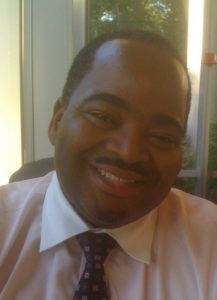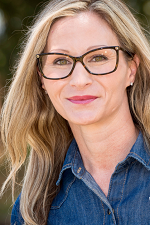 We wanted to get to know Marcia Rosen (NAIWE’s Public Relations and Book Marketing Expert) better, so last month we sat down with her. Here are some thoughts she shared with us.
We wanted to get to know Marcia Rosen (NAIWE’s Public Relations and Book Marketing Expert) better, so last month we sat down with her. Here are some thoughts she shared with us.
Is there one genre that’s more popular in audiobook?
I think all genres have become popular as audiobooks but in particular mysteries, romance, and nonfiction. As in books you can hold in your hand, readers go to the kind of books that have always appealed to them.
Was there a single event that led to the audiobook growth?
The pandemic had a big impact. Many bookstores stopped doing book signing events, book conferences were cancelled, and audiobooks gave readers and authors new options. The fun of audiobooks is they can be listened to anywhere and on so many devices these days.
Can any book be made into an audiobook?
Almost any book can. Of course, coffee table books and others perhaps academic with lots of graphs, etc. would not work. The market is huge and growing.
——————
The audiobook market is one of the fastest growing segments of the publishing industry. According to the Audio Publishers Association, it grew an estimated 24.5% from 2017 to 2018. This included self-published authors and small publishers who access numerous marketing actions and opportunities to create an awareness and enhance sales. And think of the millions of people who drive to and from work each day; many listen to audiobooks. They are just one audience since people can listen anywhere, anytime.
You can join in this conversation on March 22, at 2:00 pm eastern, when NAIWE will host a discussion on the audiobook market. The cost for NAIWE members is only $10! Non-members can join for $30. Register today!

 We wanted to get to know Kajli Prince (
We wanted to get to know Kajli Prince ( We wanted to get to know Jake Poinier (
We wanted to get to know Jake Poinier ( We wanted to get to know Ashley Henyan (
We wanted to get to know Ashley Henyan (
 We wanted to get to know John McIntyre (
We wanted to get to know John McIntyre (